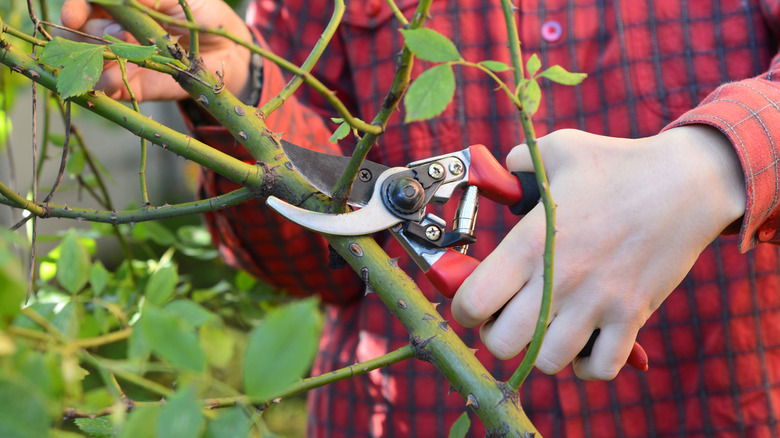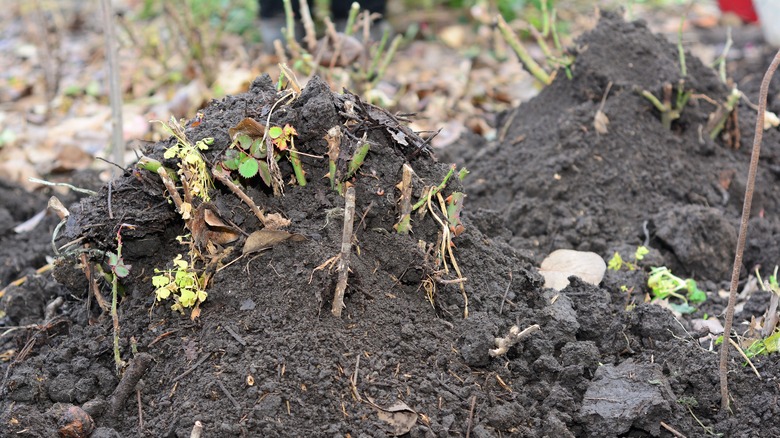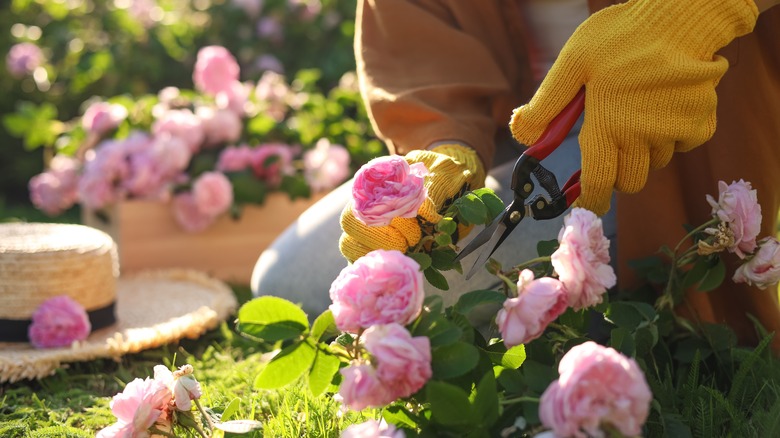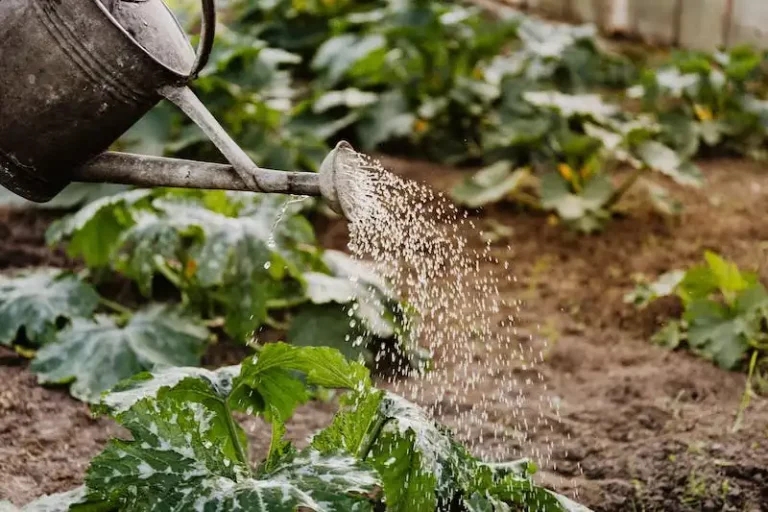Roses can elicit a lot of emotion — love on Valentine’s Day, nostalgia in your grandmother’s garden, or sadness at a funeral. These flowers have power, yet they bring so much elegance and beauty to the landscape. Of course, you’ll want to keep these beauties happy through winter so you can enjoy them for years to come. This involves giving them some special care to prepare them for upcoming cold temperatures.
There are different types of rose bushes, and many of the hybrid varieties will suffer winter damage. However, the kind that is called old roses (like Rosa gallica officinalis) are more cold-hardy. Your specific variety will determine how you specifically prepare it for the winter, but the bottom line is that each type needs to be protected from freezing temperatures. A little effort in the fall will bring you so much beauty to enjoy next spring and summer.
Prepare the plant

Preparing your rose bush for upcoming cold weather starts long before it’s in the forecast. The goal of winterizing roses is to keep them at a consistent temperature all winter long since repeated freezing and thawing will damage the plant tissues. To accomplish this, you need your rose bush to go dormant. To encourage your plant to settle into dormancy once the temperatures cool down, stop fertilizing it as early as mid-August or at least six weeks before the first expected frost. Allow it to grow at its regular pace, and stop deadheading flowers at the start of October.
Pruning your roses too late can cause freeze damage that could become lethal to your plant. Most rose pruning shouldn’t happen until spring since a heavy trim in the fall could cause damage over winter. A small, newly-cut plant will be more susceptible to freeze damage, and it might not be capable of coming back when the temperatures warm up again. You can, however, trim long branches that could fly around in the wind and remove diseased branches. A few snips here and there for the sake of health won’t ruin an established plant.
Mound up your rose bushes

Once your rose bush is set to go dormant, turn your attention to the ground. Start by raking up any debris around the bush, including diseased foliage. Some fungal diseases will emerge in spring after being dormant all winter, so it’s important to minimize that possibility as much as possible.
Mounding is a winterizing method that helps rose bushes make it to next year. Since you want to keep consistent temperatures, you have to make sure the roots don’t fluctuate between freezing and thawing temps, which can be done by burying part of the plant. Wait until the first freeze kills all the leaves before you begin mounding. For hybrid roses, tie up the ends of the bushes if they’re particularly long. Then, using either finely chopped leaves or dirt, create a mound over the base of the rose bush. Don’t dig up existing soil; that will uncover and expose the roots to the elements. Unsure how big your mound should be? In Zone 5 and below, aim for a hill that is 1 foot tall. You can use less in Zones 6 and up since it shouldn’t get as cold over winter.




